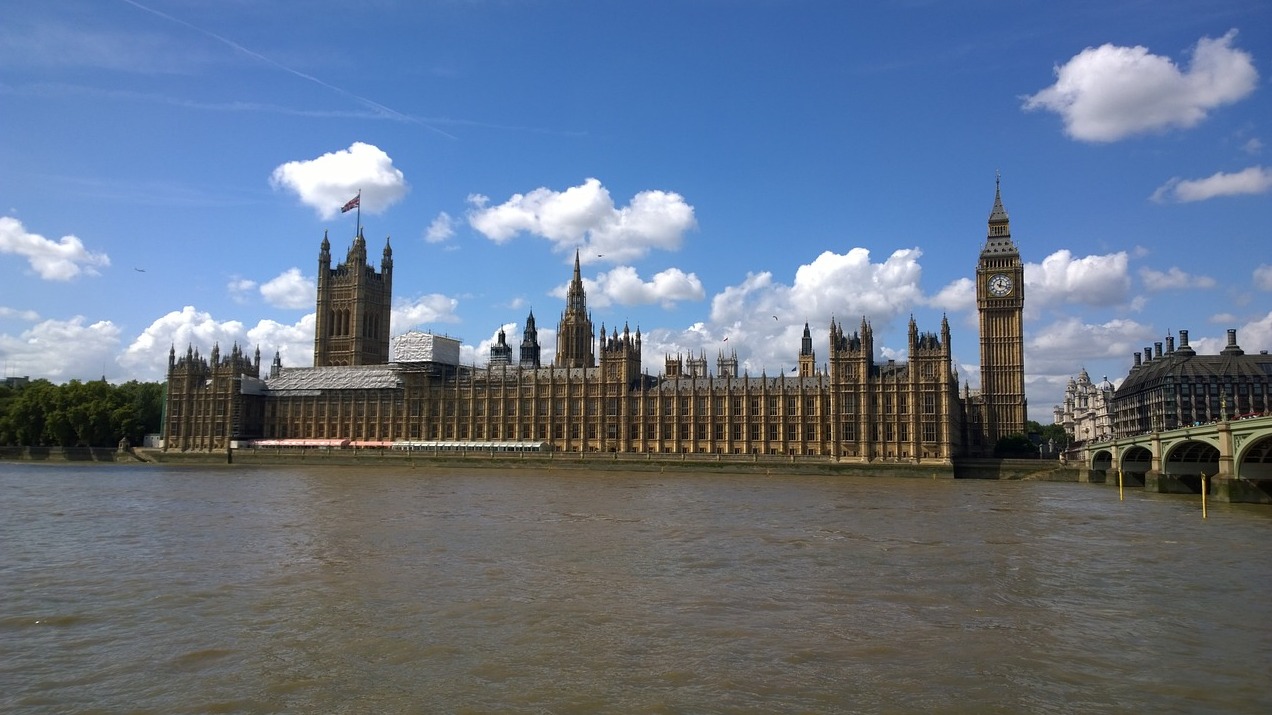President Donald Trump has rescinded Joe Biden's executive order on artificial intelligence regulation just hours after returning to the White House, marking a dramatic shift in federal oversight of the rapidly advancing technology.
The move, announced on Monday, immediately halts the implementation of key safety requirements that had mandated leading AI companies to share test results and critical information about powerful AI systems with the federal government. The 2023 order had also established the US AI Safety Institute under the Commerce Department to develop voluntary guidelines for the technology's use.
A White House spokesperson said: "The previous administration's heavy-handed approach to AI regulation threatened American innovation and competitiveness. This action reaffirms our commitment to maintaining US leadership in AI through free market principles."
The policy reversal comes as other nations move to establish comprehensive AI regulations. The European Union recently passed its AI Act, introducing strict oversight for "high-risk" AI applications in sectors like healthcare and law enforcement.
The Republican Party's 2024 platform had specifically targeted Biden's order, stating: "Republicans support AI development rooted in free speech and human flourishing." The platform claimed the regulations hindered technological innovation.
While Trump's administration has not yet detailed replacement policies, it is expected to maintain some focus on US competitiveness against China in AI development. During his first term, Trump issued executive orders that established principles for government AI use and increased research funding.
The regulatory void at the federal level has prompted several states to develop their own frameworks. California has passed legislation addressing AI deepfakes and training data transparency, while Colorado and Illinois have enacted laws protecting against algorithmic discrimination in hiring.
Maria Henderson, executive director of the AI Policy Institute, said: "Without federal guardrails, we're likely to see a patchwork of state regulations emerge. This could create significant compliance challenges for AI companies operating across multiple jurisdictions."
Trump meanwhile directly benefitted from the use of AI generated misinformation during his campaign, and in August posted fake images that depicted an endorsement from pop star Taylor Swift.
Latest News
-
Just Eat latest to launch AI voice assistant
-
Meta, TikTok and YouTube face first jury trial over claims platforms harm young users' mental health
-
Ofcom opens investigation into Meta over WhatsApp data disclosure
-
Amazon to cut 16,000 staff
-
British AI firm Synthesia raises $200m in funding round led by Google Ventures
-
Amazon Web Services extends Nationwide partnership to power digital banking transformation
The future-ready CFO: Driving strategic growth and innovation
This National Technology News webinar sponsored by Sage will explore how CFOs can leverage their unique blend of financial acumen, technological savvy, and strategic mindset to foster cross-functional collaboration and shape overall company direction. Attendees will gain insights into breaking down operational silos, aligning goals across departments like IT, operations, HR, and marketing, and utilising technology to enable real-time data sharing and visibility.
The corporate roadmap to payment excellence: Keeping pace with emerging trends to maximise growth opportunities
In today's rapidly evolving finance and accounting landscape, one of the biggest challenges organisations face is attracting and retaining top talent. As automation and AI revolutionise the profession, finance teams require new skillsets centred on analysis, collaboration, and strategic thinking to drive sustainable competitive advantage.
© 2019 Perspective Publishing Privacy & Cookies





.jpg)




Recent Stories